
下载亿题库APP
联系电话:400-660-1360

下载亿题库APP
联系电话:400-660-1360

请谨慎保管和记忆你的密码,以免泄露和丢失

请谨慎保管和记忆你的密码,以免泄露和丢失

英语是考研初试当中比较拉分的科目,历来令不少考生又爱又恨。许多考生的英语都有很大的进步空间,因此英语该如何学就成为了众多考生关心的重点。想要学好英语,实战经验很重要。下面,帮考网为大家带来考研初试英语科目的一些模拟试题,正在备考的小伙伴赶紧练起来吧。
Passage 1
Directions: For question 1—5, choose the most suitable paragraphs from the list A—G and fill them into the numbered boxes to form a coherent text. Paragraphs A and D have been correctly placed.
[A] Subscription has proved by far the best way of paying for highquality television. Advertising veers up and down with the economic cycle, and can be skipped by using digital video recorders. And any outfit that depends on advertising is liable to worry more about offending advertisers than about pleasing viewers. Voluntary subscription is also preferable to the compulsory, universal variety that pays for the BBC and other European public broadcasters. A broadcaster supported by a tax on everyone must try to please everyone. And a government can starve public broadcasters of money, too—as the BBC is painfully learning.
[B] What began as an interesting experiment has become the standard way of supporting highquality programming. Most of the great television dramas that are watched in America and around the world appear first on payTV channels. Having shown others how to make gangster dramas with “The Sopranos”, HBO is laying down the standard for fantasy with “Game of Thrones”. Other payTV channels have delved into 1960s advertising (“Mad Men”), drug dealing (“Breaking Bad”) and Renaissance court society (“The Borgias”). PayTV firms outside America, like Britains BSkyB, are beginning to pour money into original series. Talent is drifting to paytelevision, in part because there are fewer appealing roles in film. Meanwhile, broadcast networks have retreated into a safe zone of sitcoms, police procedurals and singing competitions.
[C] But pay television is now under threat, especially in America. Prices have been driven so high at a time of economic malaise that many people simply cannot afford it. Disruptive, deeppocketed firms like Amazon and Netflix lurk, whispering promises of internetdelivered films and television shows for little or no money. Whether the lure of such alternatives or poverty is what is causing people to cancel their subscriptions is not clear. But the proportion of Americans who pay for TV is falling. Other countries may follow.
[D] Pay TV executives argue that people will always find ways of paying for their wares, perhaps by cutting back on cinema tickets or bottled water. That notion seems increasingly hopeful. Every month it appears more likely that the pay TV system will break down. The era of evergrowing channel choice is coming to an end; cable and satellite distributors will begin to prune the least popular ones. They may push “best of basic” packages, offering the most desirable channels—and perhaps leaving out sport. In the most disruptive scenario, no longer unimaginable, payTV would become a free for all, with channels hawking themselves directly to consumers, perhaps sending their content over the internet. How can media firms survive in such a world?
[E] Fifteen years ago nearly all the television shows that excited critics and won awards appeared on free broadcast channels. Paytelevision (or, as many Americans call it, “cable”) was the domain of repeats, music videos and televangelists. Then HBO, a subscription outfit mostly known for boxing and films, decided to try its hand at hour long dramas.
[F] But television as a whole should emerge stronger. If people buy individual channels rather than a huge bundle, they will have to think about what they really value—the more so because each channel will cost more than it does at present. Media firms will improve their game in response. The activity that diverts the average American for some four and a half hours each day should become more gripping, not less.
[G] It wont be easy. They will have to start marketing heavily: at present the payTV distributors do that for them. They must produce much more of their own programming. Repeats and old films lose their appeal in a world in which consumers can instantly call up vast archives. If they are to sell directly to the audience they will have to become technology firms, building apps and much slicker websites than they have now, which anticipate what customers might want to watch.
1→2→A→3→D→4→5
以上就是帮考网为大家带来的全部内容,希望能给大家一些帮助。帮考网提醒:在最后阶段,调整自己的心态也是非常重要的,每年都有考生临考前放弃,所以小伙伴们要注意不要给自己太大的压力哦。另外,小伙伴们如果还有其他关于考研信息的疑问,也可以留言咨询哦。
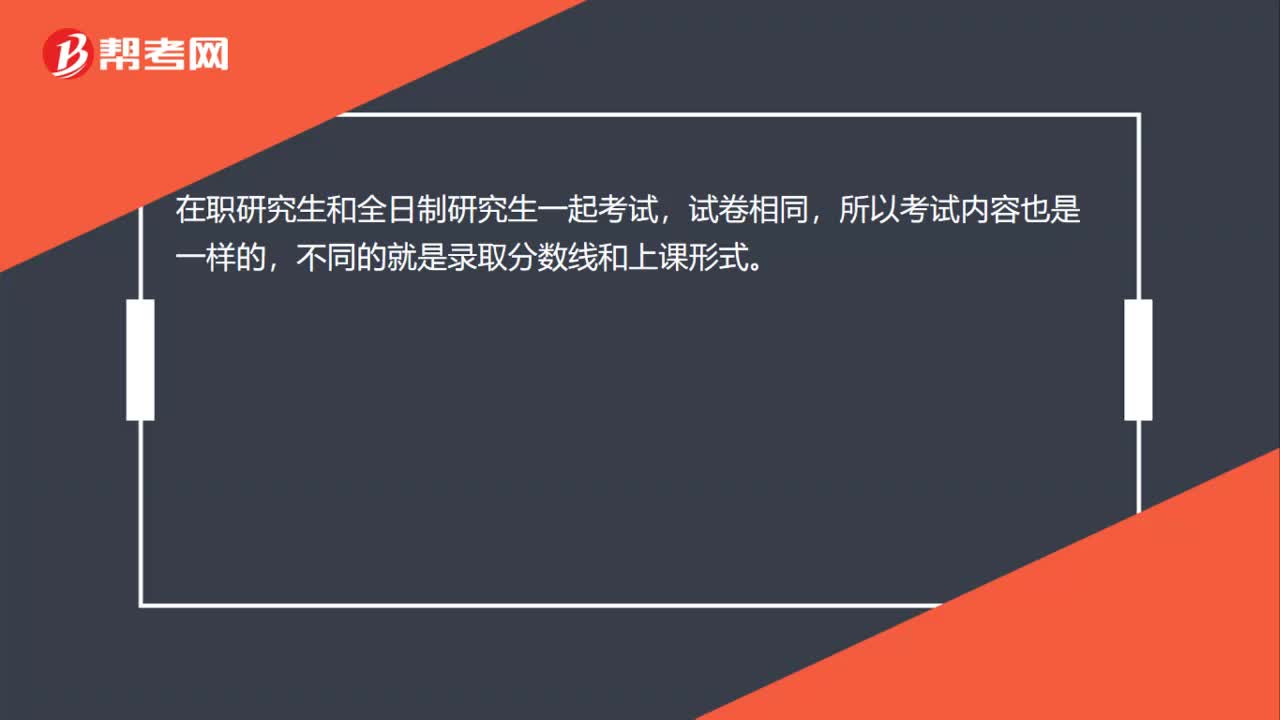 17
17在职研究生和全日制研究生入学考试的内容一样吗?:在职研究生和全日制研究生入学考试的内容一样吗?在职研究生和全日制研究生一起考试,试卷相同,所以考试内容也是一样的,不同的就是录取分数线和上课形式。
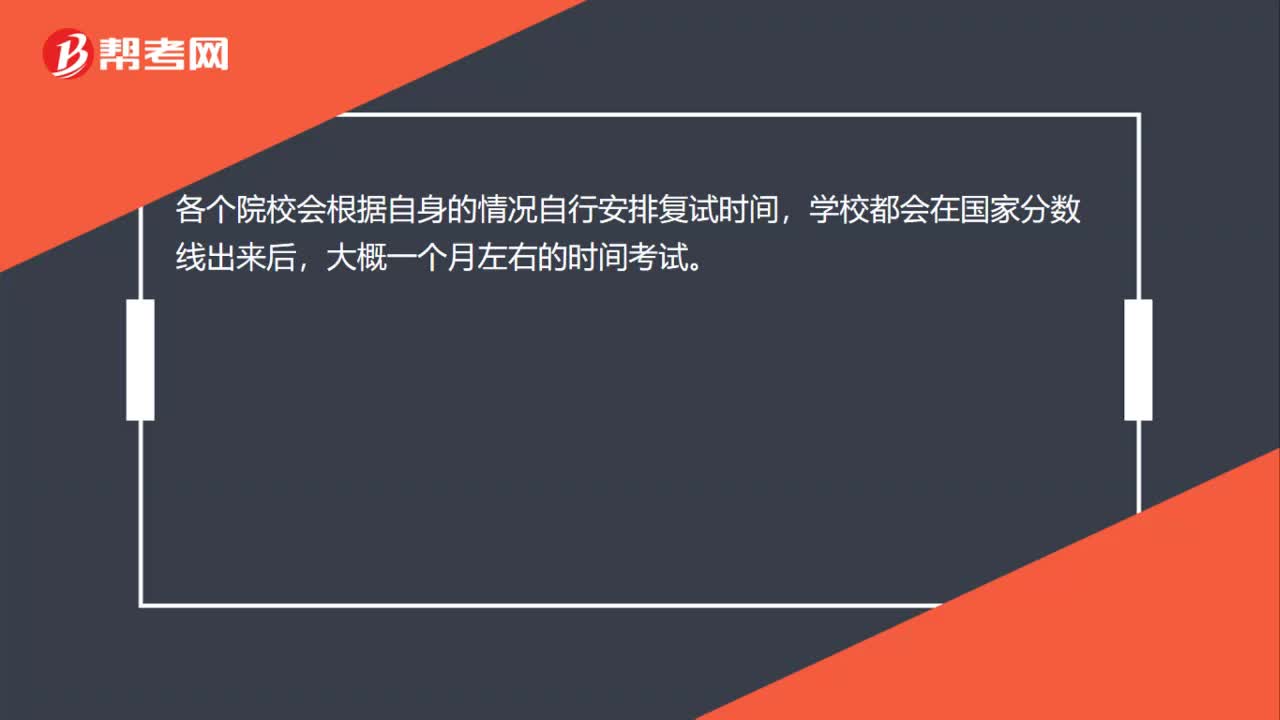 17
17普通研究生入学考试一般什么时候复试?:普通研究生入学考试一般什么时候复试?各个院校会根据自身的情况自行安排复试时间,学校都会在国家分数线出来后,大概一个月左右的时间考试。
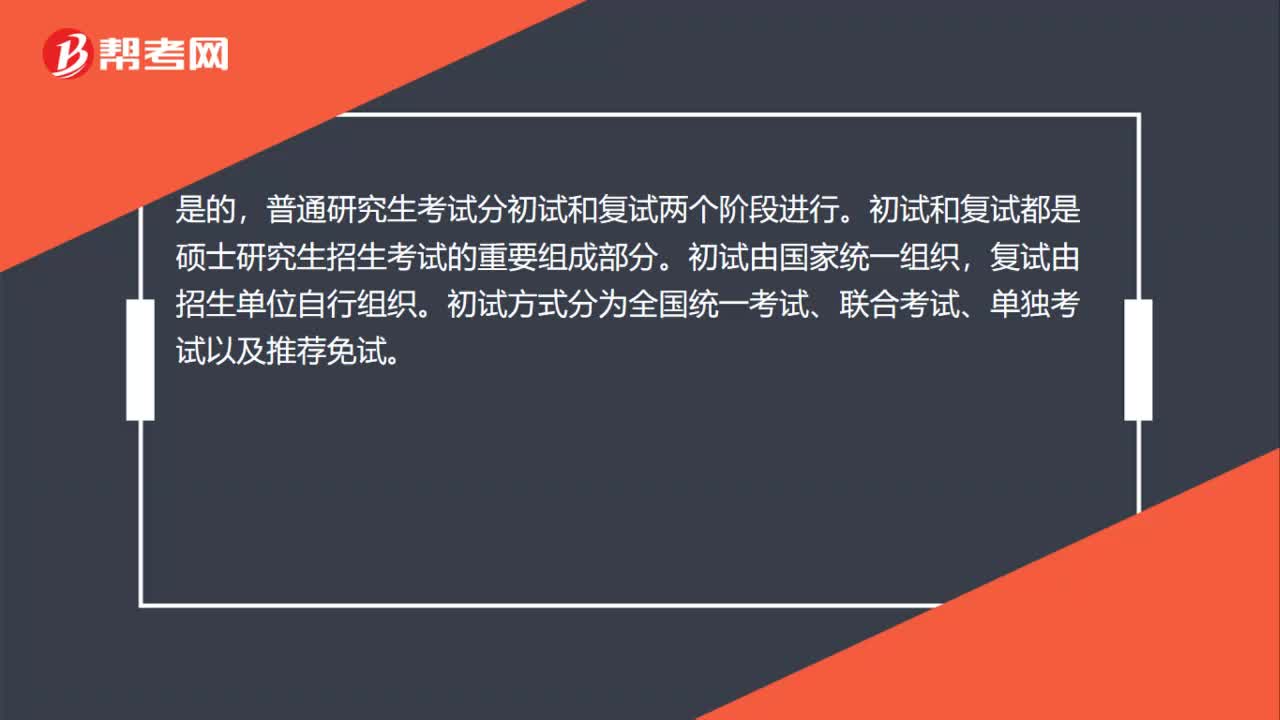 49
49普通研究生入学考试同一专业的初试是全国统一的吗?:普通研究生入学考试同一专业的初试是全国统一的吗?是的,普通研究生考试分初试和复试两个阶段进行。初试和复试都是硕士研究生招生考试的重要组成部分。初试由国家统一组织,复试由招生单位自行组织。初试方式分为全国统一考试、联合考试、单独考试以及推荐免试。全国统一命题科目及招生单位自命题科目试题(包括副题)、参考答案、评分参考等应当按照教育工作国家秘密范围的有关规定严格管理。
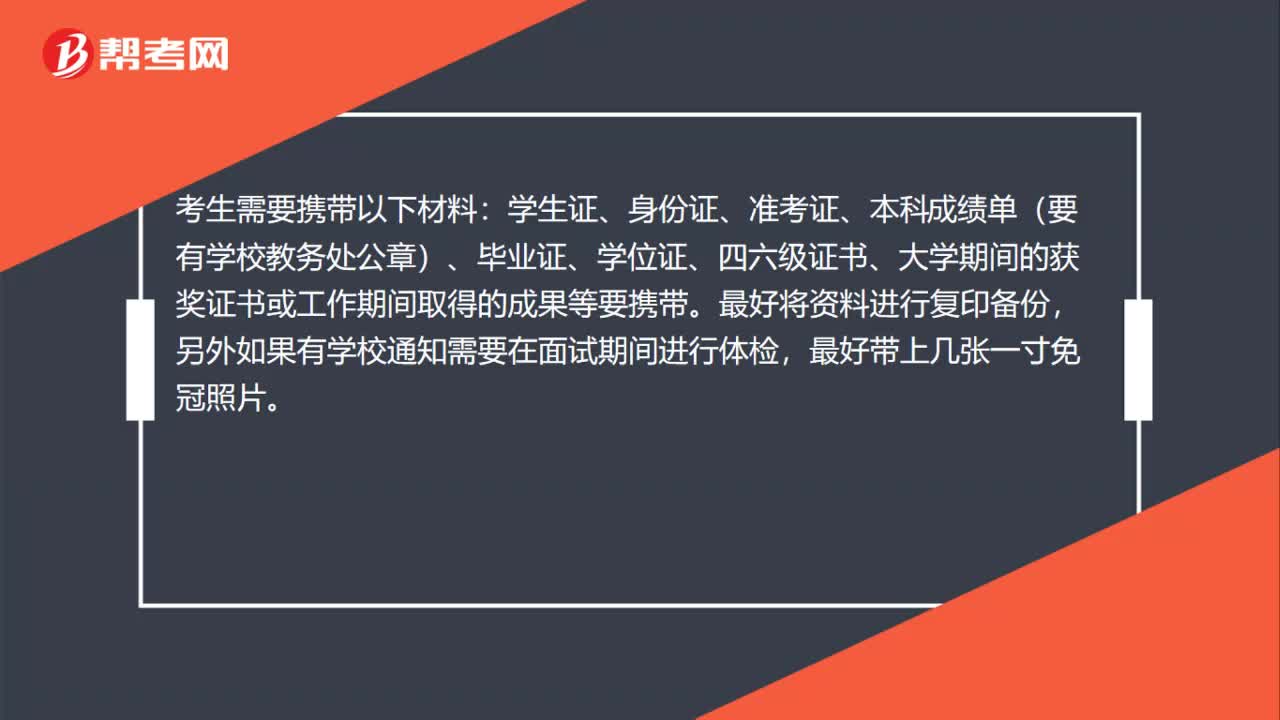 00:41
00:412020-06-06
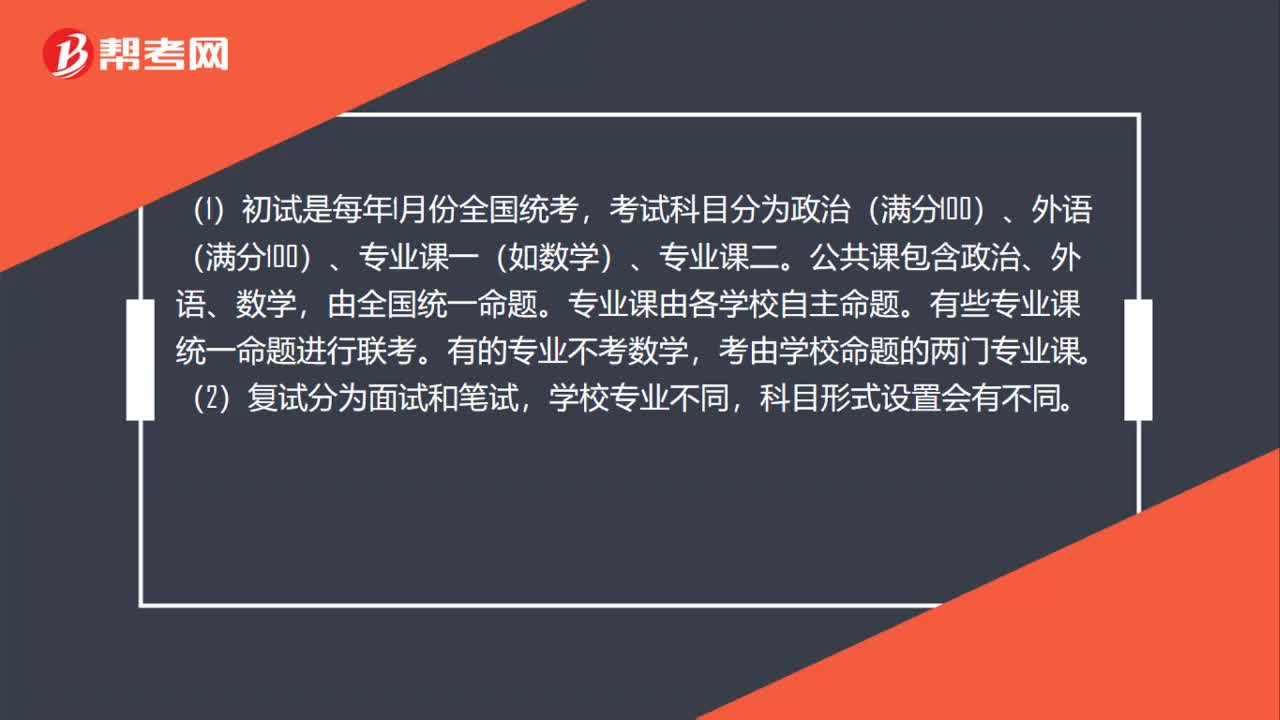 00:44
00:442020-06-06
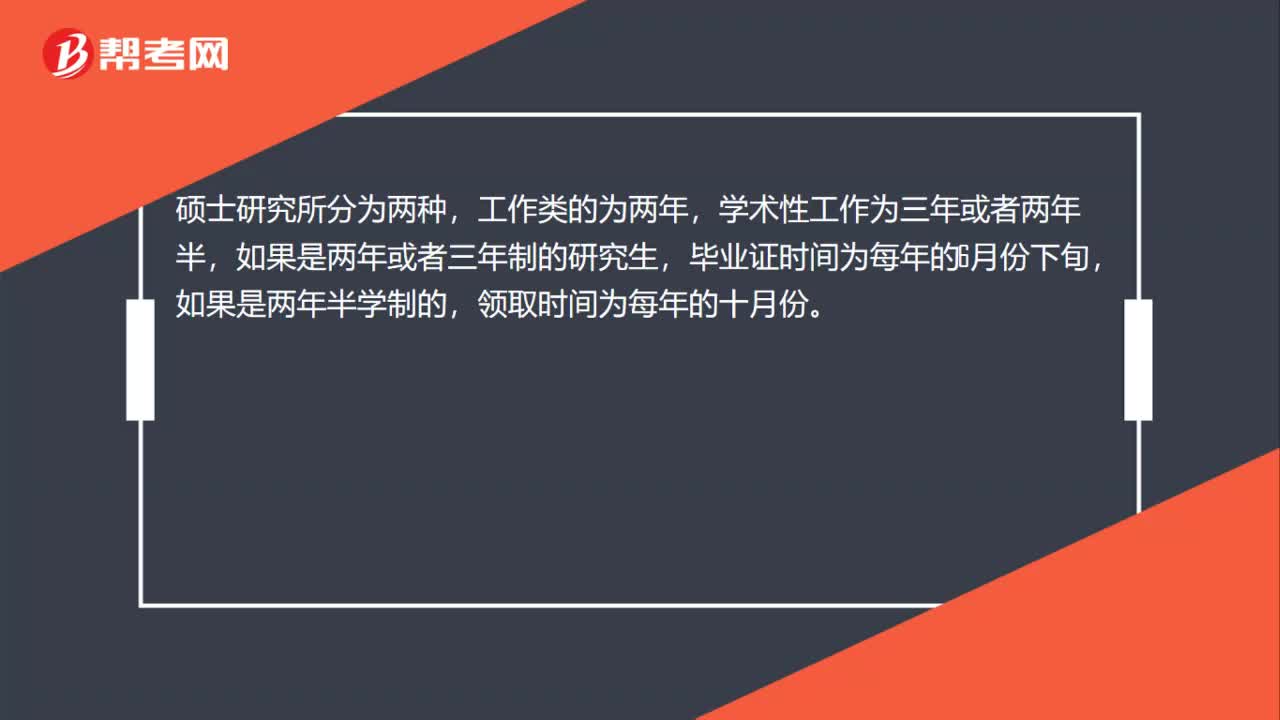 00:28
00:282020-06-06
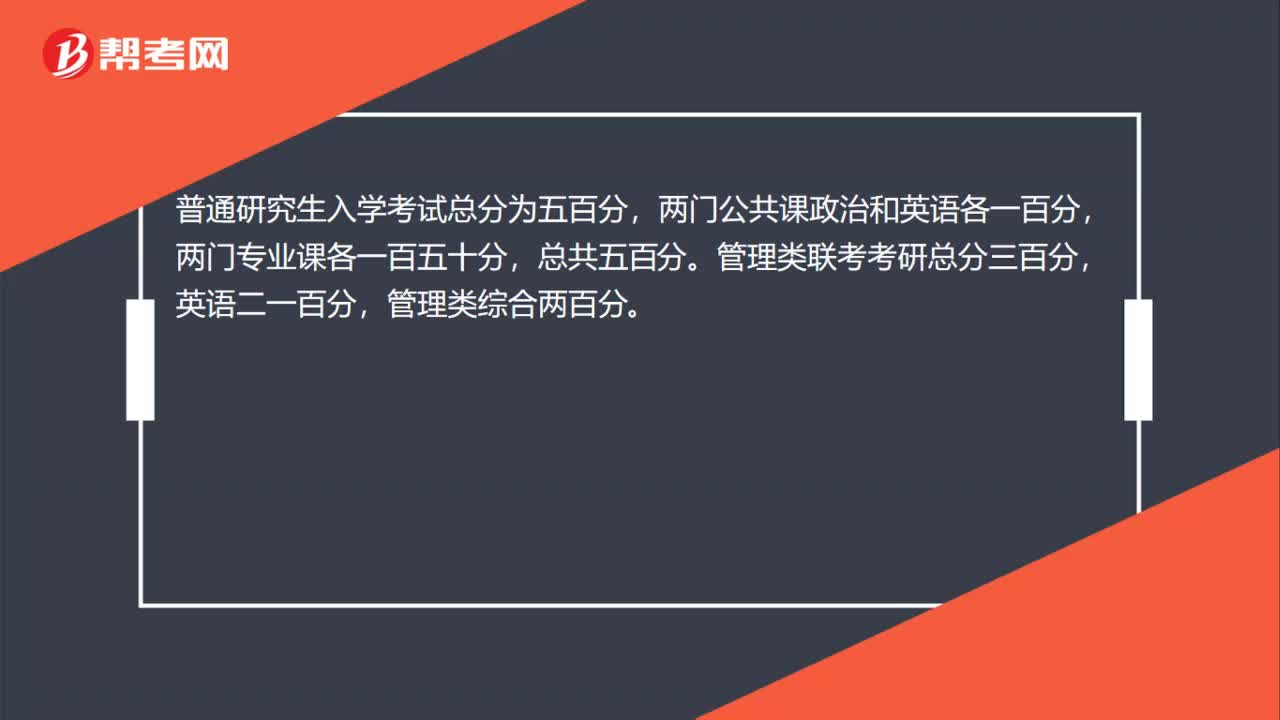 00:27
00:272020-06-06
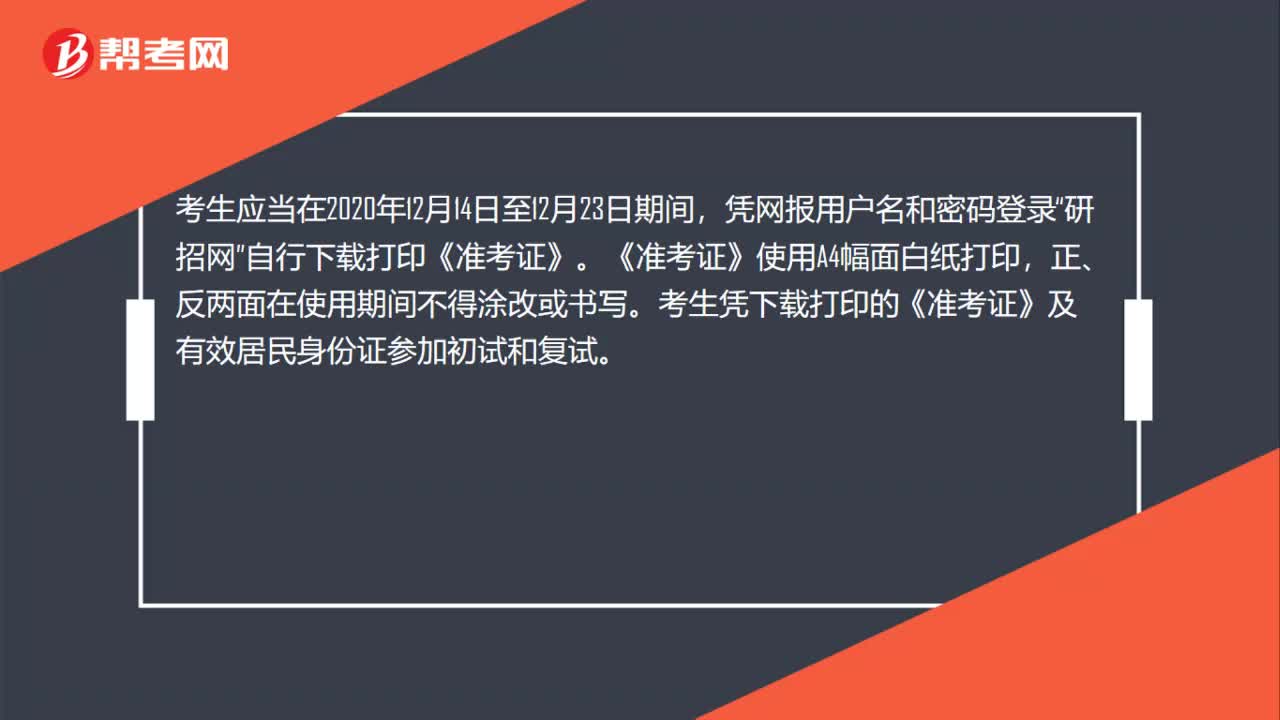 00:33
00:332020-06-06

微信扫码关注公众号
获取更多考试热门资料